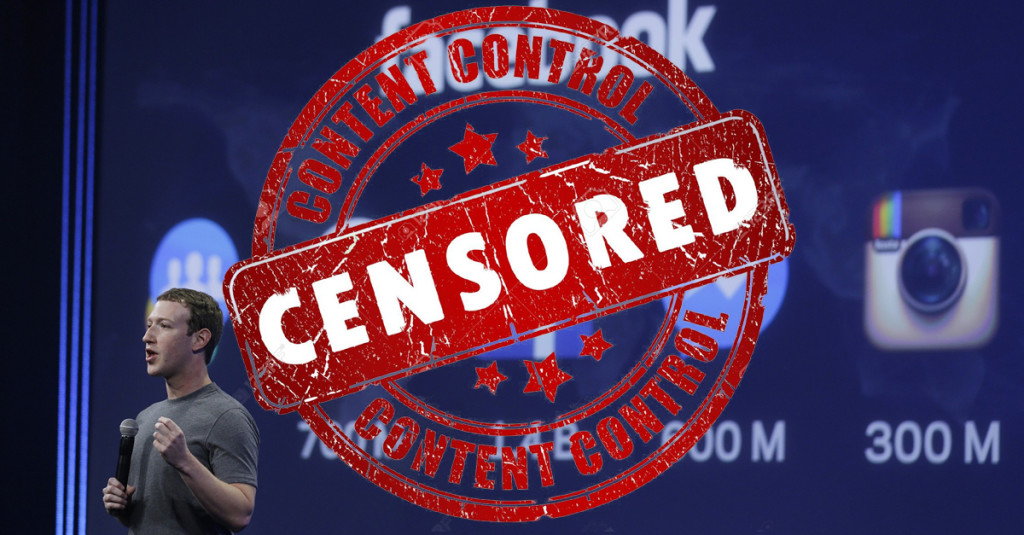NEW DELHI ( MEDIA REPORT )
Film makers, activists and journalists accused Facebook of blocking their accounts this week after they posted messages and images related to the violence in the trouble-torn province of Kashmir.
In recent weeks, the India-administered, Muslim-majority Kashmir state has been facing violence and curfews after protests erupted against the killing of a popular leader of a terrorist group.
As people posted images, videos and stories about police violence and people injured by pellet wounds on Facebook, some discovered their accounts were disabled.
On Monday, the account of Arif Ayaz Parrey, an editor with an environmental magazine in New Delhi, was disabled for more than a day. He administers the Facebook account of a discussion group called the Kashmir Solidarity Network, whose page was also removed.
“The Kashmir Solidarity page was started by a Kashmiri anthropology student in New York. This is not a hate forum, we share stories,” Parrey said.
More than 47 people have died and hundreds injured in angry clashes between the police and protesters in Kashmir this month, the worst outbreak of bloody violence in six years in the region claimed by both India and neighboring Pakistan.
Authorities banned newspapers for four days and restored cellphone service on Wednesday after it was out for 20 days.
“Our Community Standards prohibit content that praises or supports terrorists, terrorist organizations or terrorism, and we remove it as soon as we’re made aware of it,” said a Facebook spokesman in India. “We welcome discussion on these subjects but any terrorist content has to be clearly put in a context which condemns these organizations or their violent activities.”
India and the United States topped the list of governments that request Facebook for details of accounts in the second half of 2015.
India has more than 340 million mobile Internet users and has the second largest number of Facebook users after the United States. The company is seeking to expand its footprint here by introducing a pared down version called “Free Basics.” But earlier this year, New Delhi shot it down, saying service providers cannot charge discriminatory prices for Internet users.
A journalist in Kashmir said that many who shared stories about a new band of militants and videos of police brutality have been blocked.
“It looks more like Facebook censorship rather than something initiated by the government. Maybe they are trying to please the government proactively,” said Sunil Abraham, executive director of Center for Internet and Society. “Nevertheless it will have a chilling effect. You will think twice before exercising free speech on Facebook now.”
Ather Zia, a political commentator from Kashmir who teaches anthropology at the University of Northern Colorado, said after her account was disabled on Tuesday: “It is safe to assume creating awareness for Kashmir using social media or writing about the ground reality is under severe threat.”
Meanwhile, users struggled to restore their accounts on Wednesday as they uploaded new documents requested by the company.
“I use my Facebook account not as a personal page to tell people about my last haircut or last holiday. I use it for work, I share media stories about whatever bothers me in the universe,” said Sanjay Kak, a documentary film maker whose account was disabled Tuesday. “Nothing I shared can be considered inflammatory or incendiary.”
The Washington Post published on 27th July.

